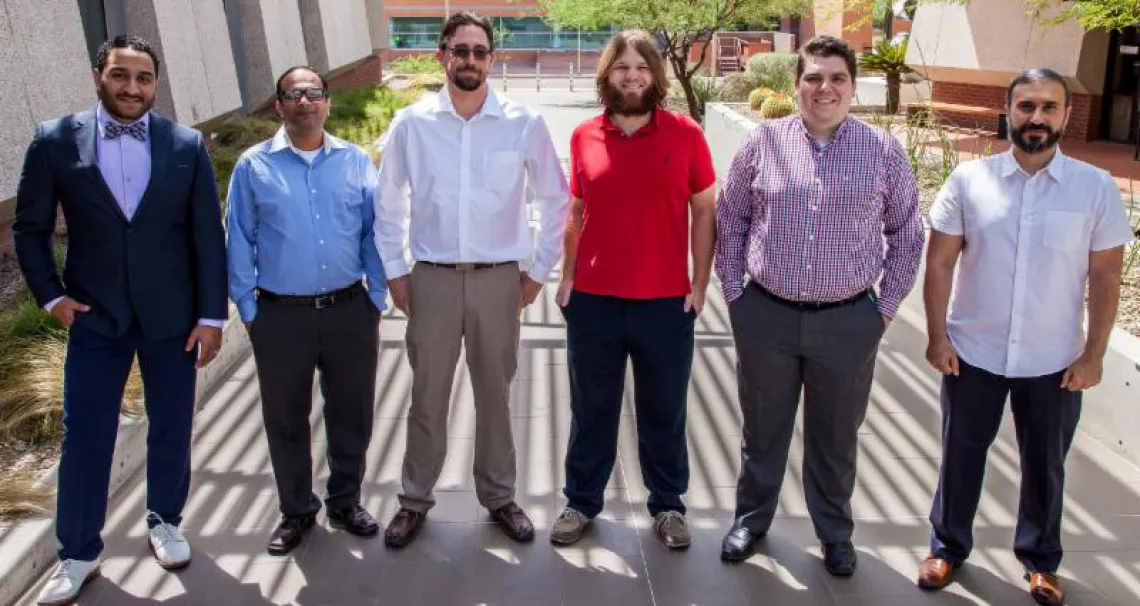Journal of Emerging Technologies Publishes Inaugural Issue

The first issue of the Arizona Law Journal of Emerging Technologies (LJET) has officially launched.
Founded in fall 2015, LJET offers legal, policy and business analysis of novel technical developments. LJET’s peer-reviewed papers either reference recent advancements or present them and discuss how they create, resolve or otherwise impact issues in legal, policy or business fields.
“This journal performs a function long overdue and badly needed in legal scholarship,” says LJET faculty advisor and Professor of Law Derek Bambauer. “It connects lawyers to research in other disciplines—and vice versa—with concise, timely articles. It helps break academics out of the doctrinal silos in which they typically operate and begins conversations among people working on similar issues with different tools.”
The content will be of interest to lawyers, judges, technologists and policymakers, say Bambauer and editor in chief John Howard.
“This is a journal that brings together many areas of scholarship and takes a look at how technology effects them all—helping to build law and policy,” says Howard. “The first issue does exactly that by taking a look at a wide scope of issues, including law and policy and its effects on new modes of communication in the market, how technology is affecting the transfer of real property, and intellectual property issues that may arise in space.”
With the release of its first issue, LJET is also building its editorial processes, developing its publication software, advertising to potential authors, integrating academic departments, recruiting new students, and raising funds to support the journal.
“I can’t say enough about the hard work, dedication, organization and ingenuity of the students who launched and run LJET,” Bambauer says. “They brought LJET from unpolished idea to working scholarly forum in remarkable time, and they have already attracted scholarship that will get attention from many in legal and technology communities.”
